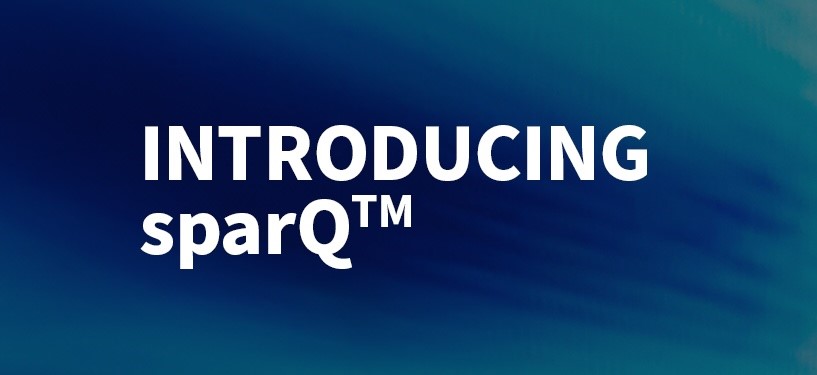I recently had the opportunity to moderate a MassTLC panel featuring four leaders in the Boston tech industry who are effectively leveraging social impact programming to drive employee engagement, recruitment, and retention. Before introducing the panel, I asked the audience to raise their hands if they had a ping-pong table in their offices (or any other tabletop game) or if they ever serve alcohol to employees (via a beer cart, for example). Quickly, and perhaps unsurprisingly, the room was filled with raised hands.
So yes, the tech scene is fun… but this trend exposes two concerning realities for recruiters.
First, it is clear that perks like free beer and ping-pong tables have become the norm for Boston-area tech companies. The “fun office” pitch is simply the price of admission in the war on talent. Take five minutes to browse the recruiting page of any Boston-area tech company, and you are almost guaranteed to see photo collages of pub games, beer, and happy employees in sunglasses. If everyone has these perks, they are quite obviously no longer differentiators nor unique in their ability to recruit the very best talent.
A second, perhaps more fundamental concern about this trend, is that many of these companies are conflating “ping pong” with “culture,” seemingly checking the culture box by showing that they have classic arcade games or piles of snacks. The reality, as we all know, is that culture runs much deeper than these superficial perks and comes in many forms that can be built from the ground-up with enough organizational buy-in and commitment to the company’s mission.
And while culture can take many forms, the purpose of our panel was to explore how corporate social responsibility (CSR) can enhance culture, strengthen recruitment and retention efforts, and ultimately drive meaningful impact while supporting the company’s business goals. Once panelists dove into their company’s efforts, it became clear that CSR and company culture is anything but one-size-fits-all, as each panelist outlined dramatically different programs.
Vecna – Marissa Picca, Director of Talent at Vecna, outlined a robust CSR program that has been in place since the company’s inception, firmly embedded in the corporate culture. All employees are expected to take four hours off every week (!) to give back to the community, and the VecnaCares program – which uses technology to support health solutions in underserved areas – is a shining example of leveraging business strengths to drive meaningful social impact.
iRobot – Lisa Freed, STEM Manager at iRobot, talked about their strategic emphasis on STEM and students, offering job shadowing, educational events, and the creation of National Robotics Week, which features more than 300 events around the country. Of note, Lisa talked about how employees often forget that their work is really very cool until they see it through the eyes of a child, reminding us that community service can be just as (or more!) valuable for employees as it can for those being helped.
Kyruus – Julie Pridham, Director of HR at Kyruus, highlighted the company’s strong relationship with Cradles to Crayons, as well as employee-led efforts to share and create philanthropic projects company-wide. Julie’s perspective was particularly meaningful for those in the audience just starting to think about CSR programming and strategies that can be leveraged to get organizational buy-in from the ground up.
Microsoft – Aimee Sprung, Civic Engagement Manager, has been a champion in Microsoft’s efforts to drive civic and social engagement throughout Greater Boston. From its national CSR programming to its local impact providing area organizations with free event space at its NERD Center in Cambridge, Microsoft has been at the forefront of efforts to weave together CSR, employee engagement, and local impact.
Amidst these very diverse and dynamic perspectives, we boiled down some of the biggest themes from the panel to the following big three takeaways:
- Start small
A common theme among the panelists was that CSR does not have to be a massive, seven-figure undertaking. Starting small is in fact often the most effective way to get buy-in from employees and ensure that programming is truly meaningful and genuine. For those professionals in the audience who were feeling daunted by launching a fully-baked CSR program, the panel gave examples of programs that require limited overhead and effort but ultimately deliver significant value for their partner nonprofits and their employees. Pro bono service, for example, is an easy and effective way to drive real impact while reminding your employees that they are both immensely talented and fortunate to work at such a special company.
- Focus on what you are good at
For those just starting to build CSR programming, focus on your core business strategy and strengths when deciding where to give, not only because it tells a more meaningful and relevant story, but also because it opens up new avenues to give back, often without having to spend a lot of philanthropic dollars. Vecna providing health care technology services for free and iRobot teaching kids about robotics are two examples of programs that are related to the business while also being arguably more impactful than simply writing a check or sponsoring a gala.
- Find and leverage your champions
Every office has employees who care so passionately about giving back that they are willing to put in hours outside of their day job to help build out programming. For those tasked with starting a CSR program, it is essential that you find those champions and turn them into ambassadors to your cause. These employees can not only help with the execution of programming, but they can build grassroots support that ultimately can turn into more formal efforts. Simply put, if you do not have an employee-run CSR committee, start one today and expect the employee inquiries to roll in immediately.
Truly impactful CSR must go beyond the bygone era of writing a check and issuing a press release. The next generation of CSR must be heavily focused within the organization, counting on employees to become brand ambassadors and die-hard loyalists because they believe that the company stands for something meaningful and is truly committed to making the world a better place. Because when employees care about coming to work because they know that they are contributing to something meaningful, they’ll forget all about that ping pong table.



